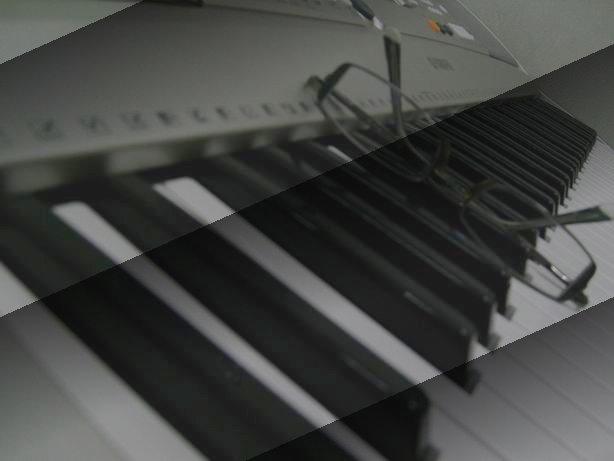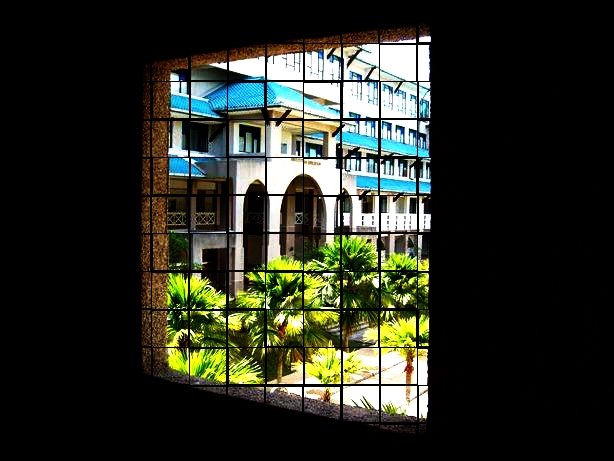
Have you ever thought of what ‘pursuing your tertiary education’ and ‘buying a luxury car’ have in common? Yes, both require you to spent some amount of money. Why? Because these two different activities are now operating within the same principle of economy: Stock and demand.
Early pioneers of modern sciences such as Ibnu Sina or
Nowadays, upon the start of new school term, millions of students around the world queue in front of registration desks, squeezing their very hardest effort and capabilities in entrance exams, expecting to get accepted in their favorite school o r university. One obvious reason for these all is that knowledge is now not only a commodity, it is, in an economic sense, an asset -the asset that will ensure people a better life. And if we trace back the struggle and resources we have to go through to get such an asset, we will realize that much of the knowledge we have now is somewhat a conversion of the other kinds of asset.
r university. One obvious reason for these all is that knowledge is now not only a commodity, it is, in an economic sense, an asset -the asset that will ensure people a better life. And if we trace back the struggle and resources we have to go through to get such an asset, we will realize that much of the knowledge we have now is somewhat a conversion of the other kinds of asset.
As both commodity and asset, knowledge cannot escape from being capitalized. Nowadays’ trend of well-managed system of education always seeks financial return. Privatization of educational sector, particularly on tertiary level, even clarifies the capitalization. Most of the best Educational institutions are now run by a small number of people with knowledge as their foremost asset and- money, and they do that for money.
Therefore, access to these institutions is also very much determined by money. Only those having money will be well entertained and offered the ‘deal” and “transaction”. Off course, academic potentiality and scholarship are still considered but they can hardly stand alone without the “M” factor.
How about Islamic educational institutions? I think we will all say that, in general, there is no much different. I am not sure that if Al-Ghazali were still alive, he would be happy to find that students at an Islamic University have to pay some extra money to joint a lecture on Tasauf by a well-known Professor Fulan-bin-Fulan. I am not sure that if Imam Syafi’i were still alive, he would support a decision made by Head of Syari’ah Faculty to prevent a student from joining a final exam on Fiqih Syafi’iah because he has not paid the exam fee.










No comments:
Post a Comment